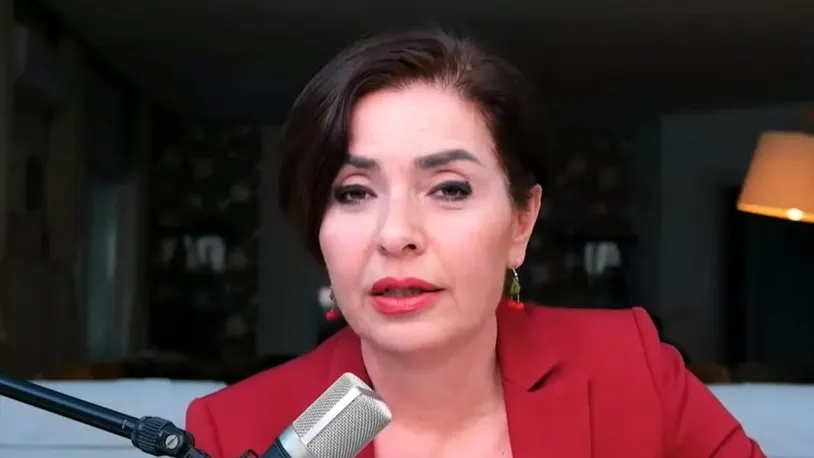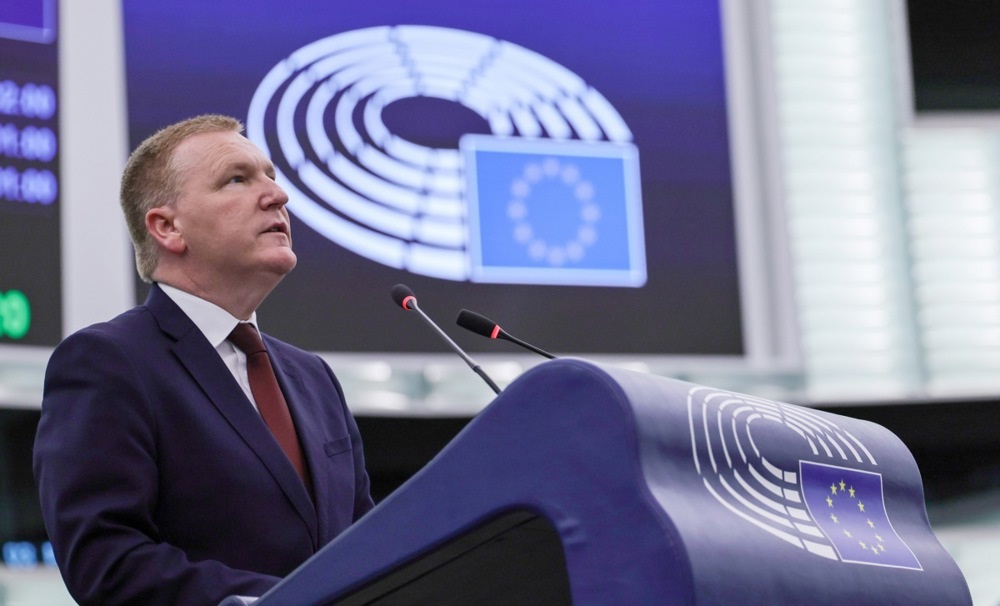
From Commentary to Confinement: The Case of Özlem Gürses
December 21, 2024
Venezuelan Reporter Ana Carolina Guaita Released After Detention
December 21, 2024December 21, 2024 – General –
Strategic Lawsuits Against Public Participation (SLAPPs) are increasingly used across Europe to intimidate and silence journalists, activists, and watchdogs. These legal threats, often lacking merit, are designed not to win in court but to drain resources, cause psychological distress, and deter public interest journalism.
UNESCO highlights the pressing need to raise awareness about SLAPPs as a crucial step toward journalist safety. In a recent initiative focused on North Macedonia, UNESCO emphasized the importance of educating the judiciary and the general public about SLAPP dynamics. It recommends collaborative actions with civil society, legal training for judges, and supportive policies to counter the use of courts as instruments of harassment. UNESCO aligns this work with the UN Plan of Action on the Safety of Journalists and aims to strengthen global mechanisms to prevent legal harassment.
The European Centre for Press and Media Freedom (ECPMF) underlines that SLAPPs are part of a growing trend to silence critical voices. Politicians, business elites, and other powerful actors exploit the legal system to suppress scrutiny, often using libel or defamation laws. ECPMF argues for strong national and international anti-SLAPP frameworks that protect those in the public interest space. These include the ability for courts to dismiss frivolous lawsuits early, shift legal costs to the plaintiffs, and protect not just journalists but also editors, researchers, and civil society members.
The European Center for Not-for-Profit Law (ECNL) analyzes the significance of the European Union’s newly adopted anti-SLAPP directive (Directive 2024/1069). The law introduces safeguards against abusive cross-border litigation and requires member states to empower courts to reject SLAPPs promptly. It extends protections to journalists, media workers, and other defenders of the public interest. ECNL stresses that while the directive is a vital step, its effectiveness depends on full implementation at the national level and complementary legal reforms to close jurisdictional loopholes.
Together, these sources underscore the importance of countering SLAPPs through legal reform, judicial awareness, and civil society mobilization to safeguard press freedom and democratic discourse across Europe.
Reference –
How to stop SLAPPs – the intentional silencing of critical voices




